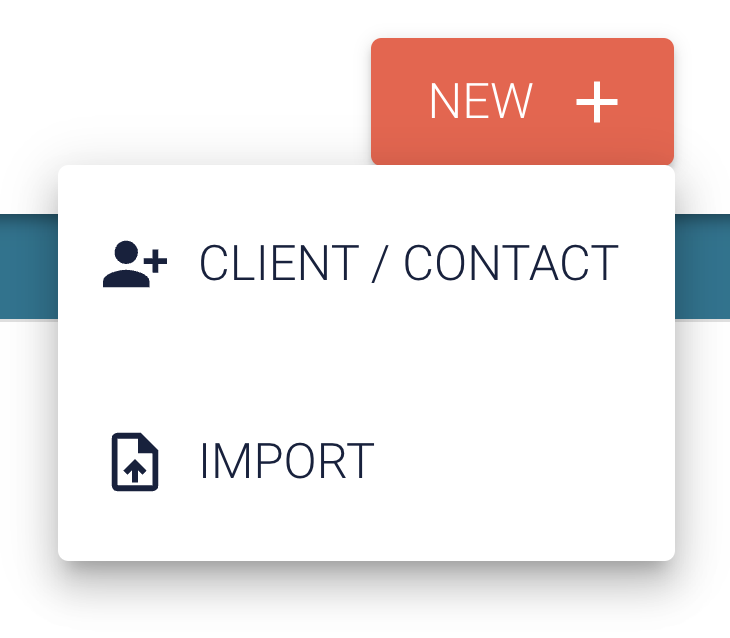What are the different types of CRM?
CRMs (Customer Relationship Managers) are classified according to customer type, functionality, accommodation…
By customer type
- CRM B2B systems are generally more complex, and can track multiple people within a single organization. They also adapt to this organization and to the characteristics of the targeted business sector.
- CRM B2C for consumers, they must enable a large mass of customers to be managed in the same way by several people in the organization: sales, customer service, delivery.
- B2B and B2C CRM like ActionClient, whose functions are generic enough to be adaptable to both, is the ideal version for startups or small and medium-sized businesses, offering the most flexibility.
By function
- Operational sales CRMWith its focus on business development, this is the initial version of a CRM, and surely the most important for a company whose objective is to grow its business. The aim is to provide optimum follow-up for prospects and customers. The key to this kind of system is simplicity, speed and efficiency of use by sales reps.
- Operational customer service CRM whose aim is to centralize customer information to provide a consistent response regardless of who answers, and to automate and standardize work processes regardless of which agent answers.
- CRM marketing which plans and coordinates marketing campaigns.
- Key targetsCampaign periodsResults by mediaAnalysis
- Planning future campaigns
- Collaborative CRM which enables all parties to communicate and exchange information to better serve customers. CRM has the immense advantage of providing centralized, global information in real time, anywhere in the world.
- CRM social afin de :
- Coordonner les campagnes par médiasSuivre les coûtsÉvaluer les résultats par type d’annonces : nombre d’impressions, CTR (click through rate), nombre de clics, taux de transformation, ventes.Observer les réactions des clients
- Responding to comments and promoting the brand
- Analytical CRM whose aim is to analyze campaigns and provide information to marketing and sales management.
- CRM e-commerce dont le but est d’optimiser l’expérience des clients achetant en ligne :
- The landing pages that attract the most customersCustomer flow on the site
- Transformation rate.
By accommodation
- CRM on the organization’s IT system: good for very large companies
- CRM on the company server and connected to the web. It’s an interesting solution for a medium-sized company that can afford it.
- Cloud-based CRM: the easiest for small and medium-sized businesses
- Mobile CRM: a must for salespeople and agents on the road
Conclusion
Ideally, for an SME, your CRM should have the following features:
- Be B2B and B2C with minimum adaptation to be flexible
- Support operational sales and customer service functions, while enabling analysis of results.
- Cloud-based for security and simplicity
- Enabling mobile use for your people on the road
My point of view is simple: a CRM must first and foremost be an excellent operational tool. The majority of large CRMs have become gas factories, and it’s easy to see how their complexity can lead to poor results for salespeople.
It’s your salespeople and customer service agents who make your results, and you need to ask them whether your CRM is efficient and makes their jobs easier, or whether it doesn’t.
There are two types of CRM: those that give good results and those that give sales managers good excuses!
Jean-Pierre Mercier
